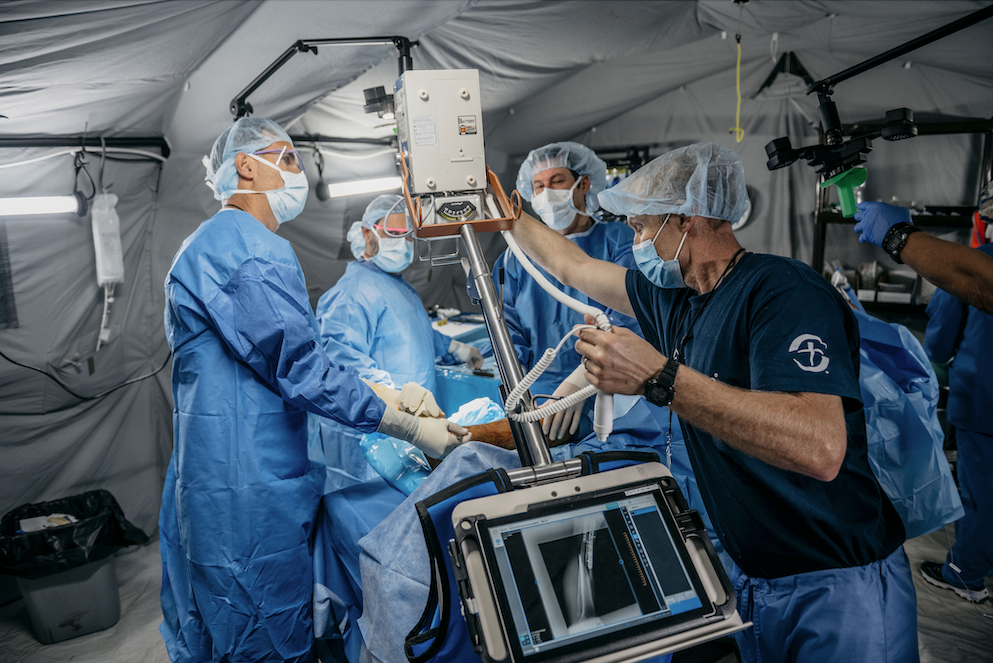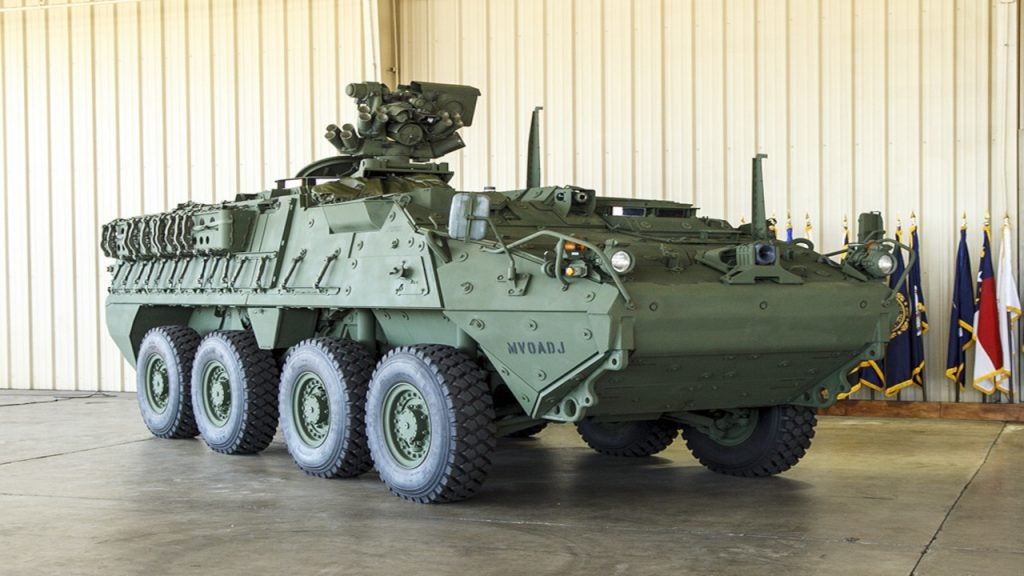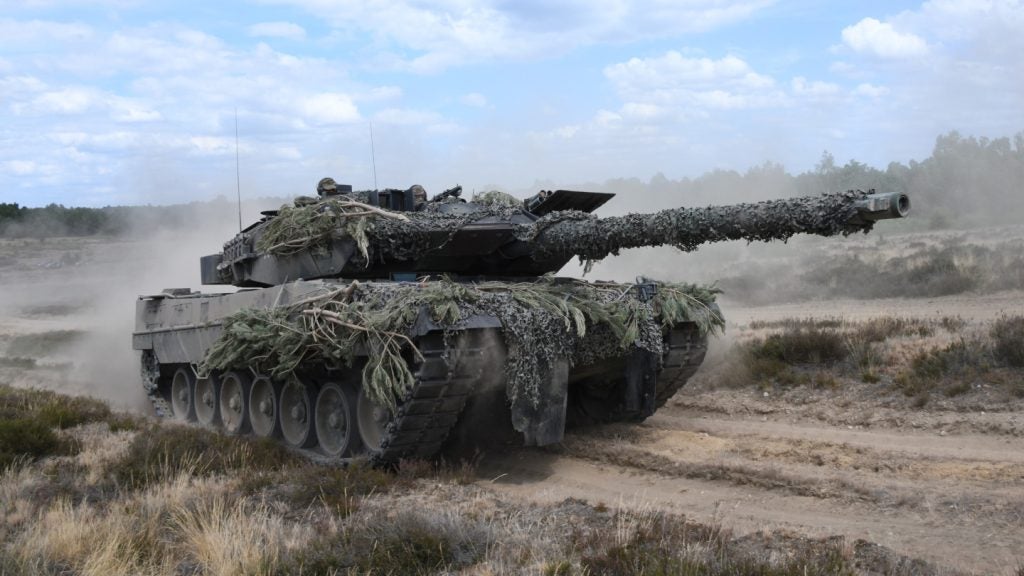
Following swiftly on the news of a donation to Ukraine from Iceland and Estonia of a field hospital, Rheinmetall announced on 21 June that it is to send two Forward Surgical Team (FST) stations as a part of a donation funded by the German government worth €8m ($8.7m), scheduled to arrive in late 2023 or early 2024.
As part of the German government’s ‘Enable and Enhance’ Initiative, Rheinmetall will supply the two FST systems meant for damage control surgery. Such operations allow lifesaving procedures to be carried out close to the battle lines on badly wounded soldiers, stabilise patients and prepare them for transport to medical units elsewhere, at Role 2 or Role 3 field hospitals.
A sheltered FST system is made up of three trucks and trailers, with six containers that remain mounted even while in operation. When deployed, the containers are interconnected and extendable, and include a reception and triage room, an x-ray shelter, a pre-operation unit, an operation shelter, and an intensive care unit.
One supply container that includes a generator and a water tank allows the entire system to run independently for at least 48 hours. The system incorporates advanced medical technology, with high-performance x-ray devices supplied by Siemens Healthineers, a strategic partner of Rheinmetall.
Iceland and Estonia donated a Role 2 field hospital on 16 June, valued at around $1m, with the capacity to treat up to 100 patients at once, offering surgical, intensive, and maternity care. It’s mobile design allows it to be assembled after a few hours of delivery, by either truck or plane. This is the fourth hospital Estonia has donated to Ukraine so far, with an estimated cost for the earlier three hospitals of $8.6m.
A typical hospital of this kind comprises a combination of tents and containers, and features an outpatient department, multiple wards that include isolation wards and intensive care units, a surgery room complete with pre-surgery and post-surgery areas, a dental department, as well as laboratory and radiological departments. Additionally, the hospital is equipped with support and administrative facilities.
Spain has also announced the donation of a 12 container hospital to Ukraine, in a statement from Spain’s Minister of Defense, Margarita Robles, on 15 June, at a speech to the Contact Group Group for the Defence of Ukraine. The ‘role 2 plus’ hospital will be capable of supporting a heavy brigade, with emergency surgery and key stabilisation, and laboratory and pharmaceutical services. There are plans to train Ukrainian personnel in Spain for the operation of the facility.
Role 2 support is usually provided at Brigade or larger unit level, but it may be provided further forward depending on operational requirements. It will provide triage and resuscitation, treatment and holding of patients until they can return to duty or evacuate.
Role 3 support includes specialist diagnostics, surgical and medical capabilities, preventive medicine and operational stress management teams. A level 3 facility can diagnose, treat, and hold patients who can be fully treated and returned to duty within the Force Surgeon’s theatre evacuation policy.








